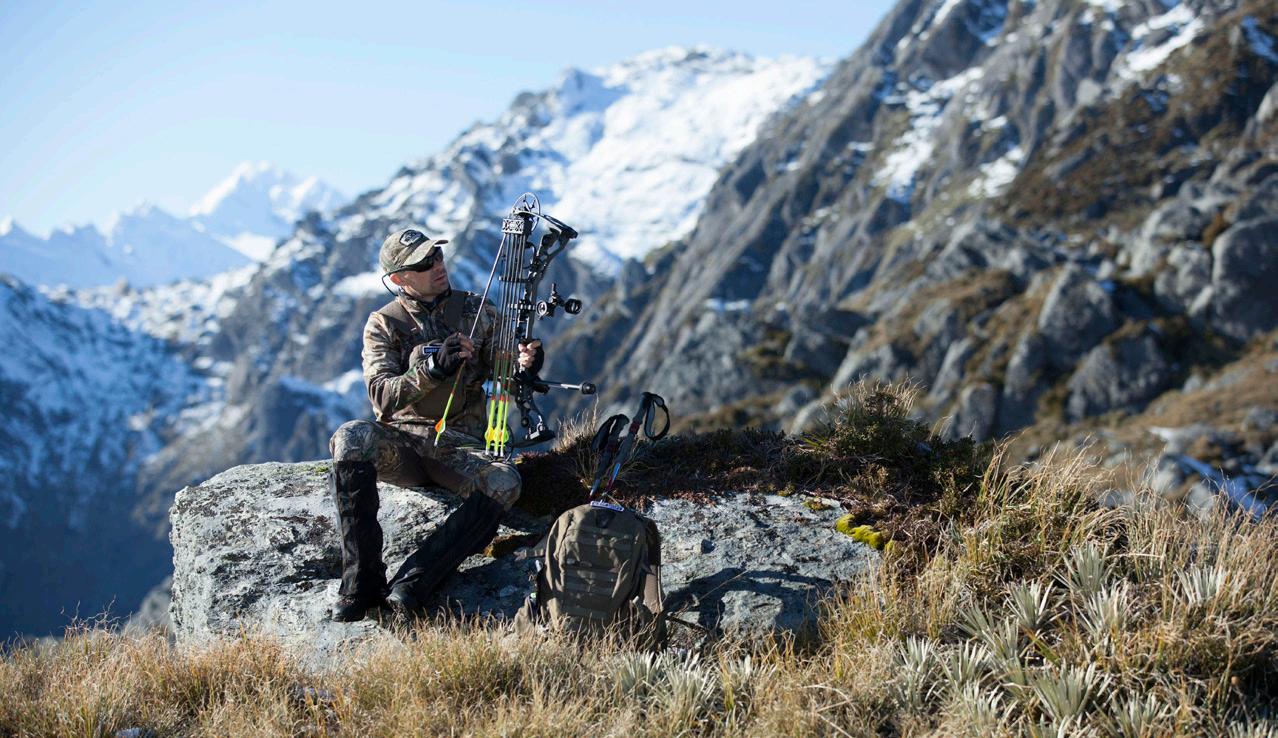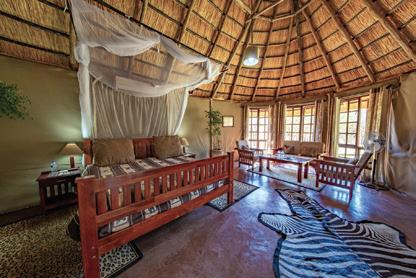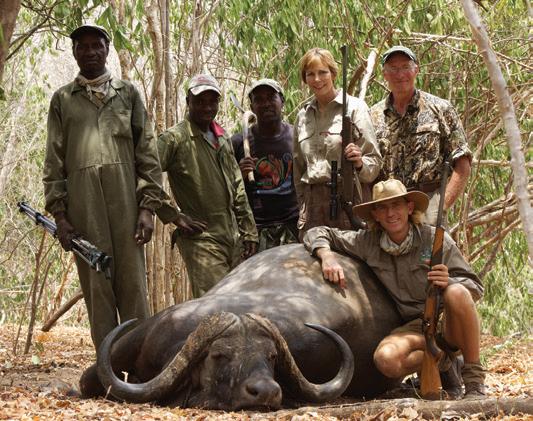
4 minute read
8 GREAT WAYS TO PREP FOR FALL HUNTING SEASON
Study the environment.
After a summer of fishing, are you ready for fall in the field? Global Rescue experts and Safe Travel partners offer 10 essential tips to help you prep for the fall hunting season.
1: Prep Your Equipment
You probably have the basics down, like cleaning your weapon, but here are a few to-do items that might be forgotten: • Make sure new batteries are placed in anything that requires them. Replace last season’s extra batteries. • Sharpen and oil your knives. • Refresh your first aid and survival kit. Check expiration dates and replace any used or missing items. • Repair or replace clothing or gear that has rips, tears or broken zippers that might have occurred last season or while sitting in storage. “Pull new gear out of the packaging. Make sure it works and you know how to use it,” said Larry Reeves, operations supervisor at Global Rescue. Contributed by
www.globalrescue.com/hscf
• Practice with new equipment at the range or during nonhunting hikes before taking the gear on a hunt.
2: Test Your Skills
Shooting is a perishable skill. If it’s been a while, you need practice-go to the range.
“Confirm the functionality and accuracy of your weapons and optics,” said Harding Bush, operations manager at Global Rescue. “It is always good to confirm accuracy with the same lot of ammunition you’ll be using during the hunting season.”
Weapons proficiency goes a long way in enhancing the enjoyment and safety of the hunt.
3: Review License Requirements, Laws and Hunting Safety
Hunting laws change from season to season. Are you planning to hunt somewhere new this season, perhaps in a state or
Test your skills.

country where you have not hunted before? Research those laws and safety requirements as well as the international customs regulations around bringing your weapons into another state or country. If you’re hunting on a national wildlife refuge, some require their own permits, in addition to a license.
4: Study the Environment
Reeves recommends front-loading some significant work before the hunt to “save you a ton of pain and uncertainty during the actual hunt. Study and understand the environment the hunt will be conducted in, specifically, at the exact time you will be on the hunt. Be very familiar with the prey you are hunting, migration habits, sleep/bed down patterns, and the animal’s optimal kill zone.”
5: Have a Communications Plan
Chris du Plooy, the owner of Chris du Plooy Safaris, suggests having an effective communications plan in the field. “Accidents happen quickly,” he said.
Global Rescue suggests having two forms of communication available in the backcountry: cellular and satellite.
“If you are hunting in a foreign country ensure you know the specific dialing instructions for that country — how to call back home and how to call within the country,” Bush said. “Ensure you write down all important numbers especially local emergency services.”
The most important aspect of a communication plan is informing someone back at home where and when you are going and how to get in touch with you. This plan must include what to do and who to contact if you don’t return as planned. Always inform this person if your plans change.
6: Pack Strategically
Stock a first aid kit with a tourniquet, quick clot and pressure dressings and pack survival kit items, such as fire-starting devices, emergency signaling devices. Your pack and equipment should be packed with the most used or critical items — such as rain gear, a compass and water — being the most accessible. Always be prepared for darkness – even if you intend to be back at camp for nightfall.
7: Plan the Entire Hunt
Variables include “being prepared to stalk a wounded animal, field dressing the animal, transporting the animal out of the hunting area, and planning your movement home. This would typically be your initial movement in reverse but things happen, so have a plan,” Reeves said.
8: Stay Safe in Any Emergency
Prepared hunters include a Global Rescue membership card with their hunting gear. Global Rescue has expanded their field rescue service to include areas within 100 miles of home. Now Global Rescue is there, at home and away from home, if you are ill or injured, and you’re unable to get to safety on your own. ★
Purchase a Global Rescue membership prior to your next trip. Single trip, annual and family options are available. For more information, visit info.globalrescue.com/hscf or call 617-459-4200 and tell them you’re a Houston Safari Club Foundation member.



























